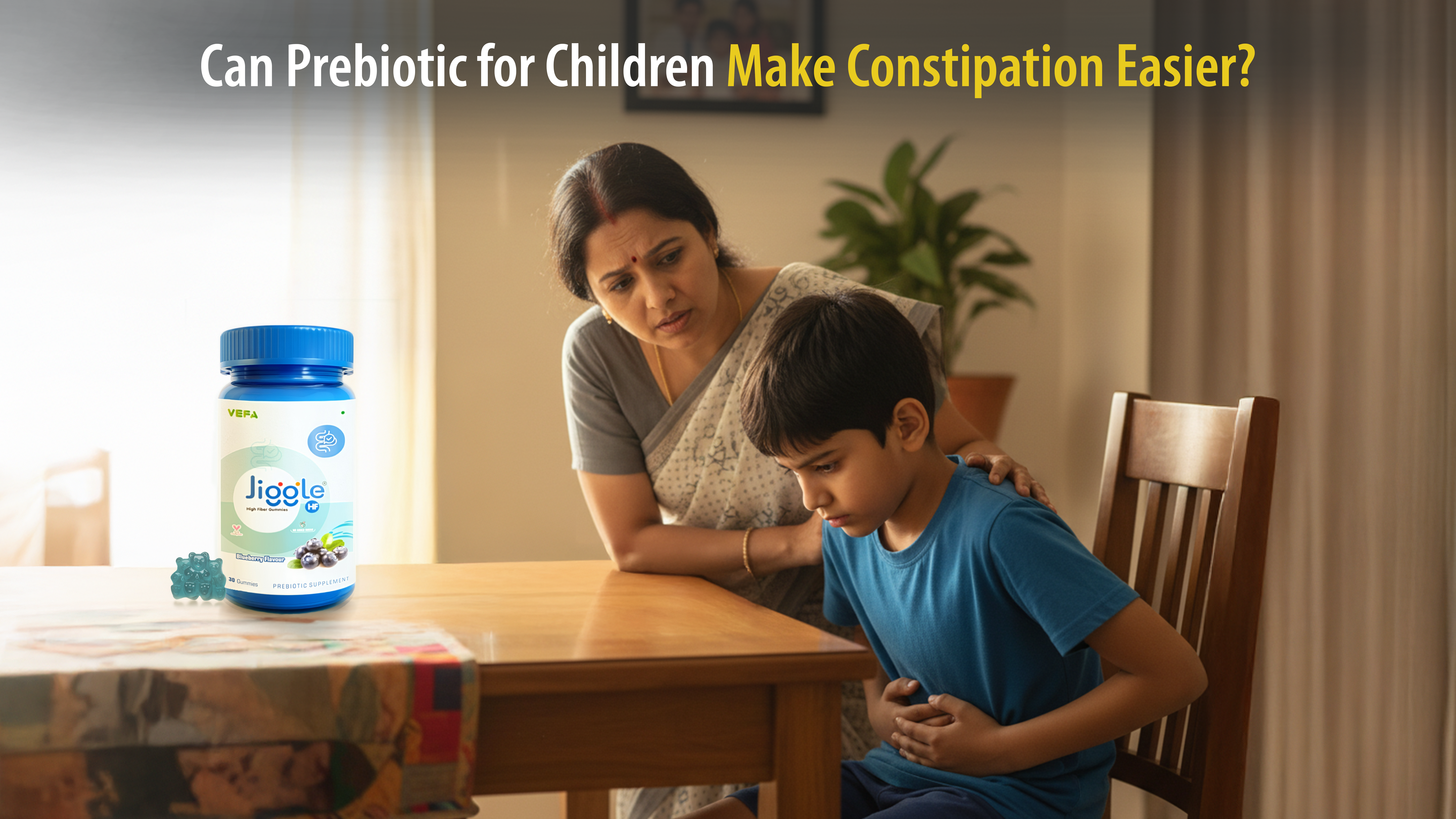
Combatting Recurrent Viral Infections: The Power of Prevention
Between the ages of 6 months and 4 years, children often experience recurrent viral infections. These infections can manifest in various forms, including vomiting, diarrhea, fever, and rashes. From common viral fevers like dengue to more severe cases like swine flu or bird flu, viral infections can take a toll on both the child and their parents. Dealing with these recurrent infections can be challenging, leading parents on a journey from one doctor to another in search of a solution. However, instead of seeking a cure, the focus should be on prevention.
It is important to recognize that experiencing one viral infection can temporarily lower a child's immunity, making them more susceptible to subsequent infections in the following months. This cycle of recurring infections can be frustrating and worrisome for parents. While it may seem like an endless battle, prevention is key to breaking this cycle.
Preventing recurrent viral infections does not require extensive research or complex interventions. Instead, it involves adopting simple yet effective preventive measures. Here are some essential tips to help protect your child from these infections:
Hand Hygiene: Encourage regular handwashing for both you and your child. Teach them proper handwashing techniques using soap and water, especially before meals and after using the restroom.
Vaccination: Ensure your child receives all recommended vaccinations according to the immunization schedule. Vaccines play a crucial role in protecting against specific viral infections and strengthening the immune system.
Hygienic Practices: Teach your child good hygiene habits, such as covering their mouth and nose with a tissue or elbow when coughing or sneezing. Discourage them from touching their face, especially their eyes, nose, and mouth.
Clean and Safe Environment: Maintain a clean and sanitized living environment. Regularly clean and disinfect commonly touched surfaces and toys. Keep your child's living space well-ventilated to minimize the risk of viral transmission.
Balanced Diet: Provide your child with a nutritious and balanced diet to support their immune system. Include plenty of fruits, vegetables, whole grains, and proteins in their meals.
Adequate Rest and Sleep: Ensure your child gets sufficient rest and quality sleep. A well-rested body is better equipped to fight off infections.
Avoid Crowded Places: Limit your child's exposure to crowded areas, especially during peak viral seasons. Large gatherings can increase the risk of viral transmission.
Stay Informed: Stay updated on the latest information regarding viral outbreaks and take necessary precautions accordingly.
Remember, prevention is the key to breaking the cycle of recurrent viral infections. By implementing these preventive measures, you can significantly reduce the risk of your child falling ill repeatedly. However, it's important to understand that despite our best efforts, viral infections can still occur. In such cases, provide your child with proper care, seek medical advice when needed, and offer them the love and support they require to recover.
As parents, our goal is to create a safe and healthy environment for our children. By prioritizing prevention and adopting these simple practices, we can minimize the impact of recurrent viral infections and provide our children with a better chance at a healthier future. Let's empower ourselves with knowledge and take proactive steps to protect our little ones from the burden of these infections.
Together, we can break the cycle and ensure our children grow up in a healthier, happier environment.








